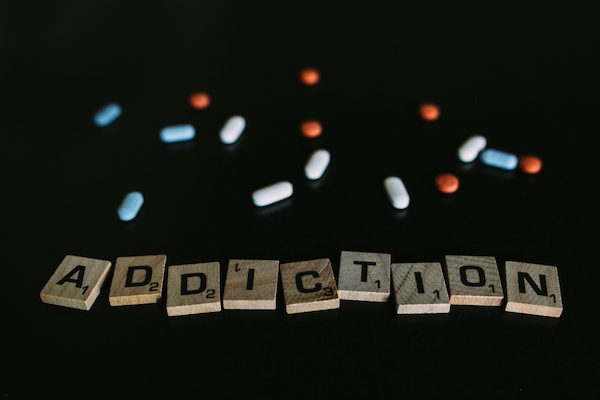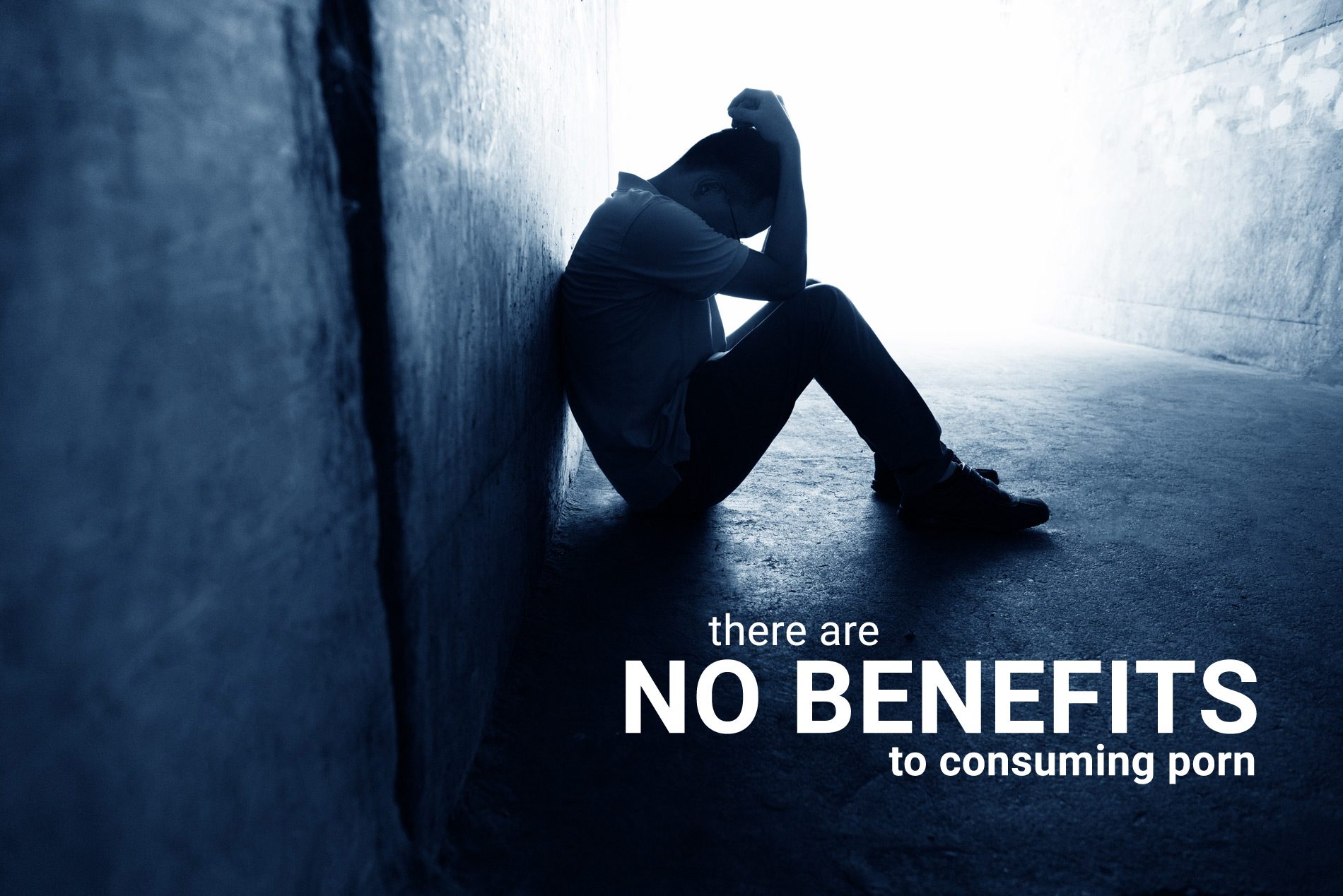How Can Porn be Addictive if Withdrawal From it Can’t Kill You?

Before we jump into today’s blog I want to offer a shoutout to Gary Wilson, founder of YourBrainOnPorn.com. It was Gary who helped me formulate my answer to this objection. Gary, I think it’s safe to say, knows more about porn’s impact on the brain than any other human on the planet. Thanks Gary.
I once had a conversation with a man who denied that pornography could be addictive. When I asked him why, he said that whereas with drugs an addict’s body may literally shut down and die from withdrawal symptoms, this isn’t the case with porn. No one—no matter how much pornography he consumes—would ever die from having porn taken away.
How should we respond to this?
First, while it’s true that withdrawal from certain drugs such as alcohol and opioids can lead to death, this is rare. Many drug addicts end up finding long term sobriety without medical assistance. We would not say to these people, “because you were able to endure withdrawal symptoms without dying, you mustn’t have been addicted.”
Secondly, if we accept the premise, “if withdrawal from it can’t kill you then you can’t be addicted to it,” then we should also deny that cocaine, crystal meth, or cigarettes (nicotine) can be addictive since withdrawal from these drugs cannot kill you. But surely most people recognize that these drugs can be addictive.
Thirdly, not only can one be addicted without being dependent (in the sense that they’d die without the drug), but one can be dependent without being addicted. As Gary Wilson from Your Brain On Porn notes, “millions of individuals take chronically high levels of pharmaceuticals such as opioids for chronic pain, or prednisone for autoimmune conditions. Their brains and tissues have become dependent on them, and immediate cessation of use could cause severe withdrawals symptoms. However, they are not necessarily addicted. In fact, some would much prefer not to be taking these medications at all” [1].
So, is Porn Addictive?
Here’s three reasons to think it is:
First, in 2012 the American Society of Addiction Medicine (ASAM) modified it’s definition of addiction to include things like porn addiction and sex addiction (see modified definition here). The ASAM press release stated, “The new definition resulted from an intensive, four-year process with more than 80 experts actively working on it, including top addiction authorities, addiction medicine clinicians and leading neuroscience researchers from across the country. The full governing board of ASAM and chapter presidents from many states took part, and there was extensive dialogue with the National Institute on Drug Abuse (NIDA)” [2].
An ASAM spokesman explained, “The new definition leaves no doubt that all addictions—whether to alcohol, heroin or sex, say—are fundamentally the same. Dr. Raju Haleja, former president of the Canadian Society for Addiction Medicine and the chair of the ASAM committee that crafted the new definition, told The Fix, ‘We are looking at addiction as one disease, as opposed to those who see them as separate diseases. Addiction is addiction. It doesn’t matter what cranks your brain in that direction, once it has changed direction, you’re vulnerable to all addiction.’ …Sex or gambling or food addiction [are] every bit as medically valid as addiction to alcohol or heroin or crystal meth.” [3].
Secondly, take a look at this this page at Your Brain On Porn which lists 32 neuroscience-based studies (MRI, fMRI, EEG, neurospychological, hormonal) on internet pornography users providing strong physiological support for the addiction model. Also check out this page which lists 11 literature reviews by some of the top neuroscientists in the world, all of which lend support to the porn addiction model.
Thirdly, while it’s true that withdrawal from porn won’t kill you, many recovering porn addicts report severe withdrawal symptoms not unlike withdrawal from cocaine addicts and alcoholics. See this sampling of the withdrawal symptoms reported by heavy porn users.
Learn More
To learn more, get a copy of my new book The Porn Myth: Exposing the Reality Behind the Fantasy of Porn, in which I spend chapters explaining why pornography is addictive. Also, listen to my podcast with Gary Wilson on porn addiction here.












Why the resistance to calling it an addiction? To me, if we use Dr. Patrick Carnes’ now classic criteria, it all fits. For me, porn viewing was out of control and led to severe consequences, Yet I continued. Although my behavior did not escalate in the sense of more dangerous or high-risk behavior, I did find myself turning to sexual fantasy fueled by porn as my go-to way of dealing with life. Not being satisfied with the level of activity around porn, I sought more and moved from pictures to videos and scanned chatrooms looking for these things (where the police are constantly monitoring, looking for offenders that are viewing illegal material). I could go on. Of the ten criteria Dr. Carnes listed in _Don’t Call it Love_ I fit about eight of them. My point? That’s the man who would have denied this was an addiction. The man who has broken the chains, one day at a time, would wonder why anyone would deny it’s an addiction if the diagnosis along those lines lead to a treatment that works. It worked for me and for many others I know.
Meanwhile, I recognize there are well meaning people who would ask the question in the spirit of, “okay, you’re making inroads, but is addiction the best perspective?” That’s a fair question and worth asking. The above article may perhaps put that question on the back burner until someone stumbles upon an acceptable non-addiction solution that works better than what we now have.
That’s my two cents worth.